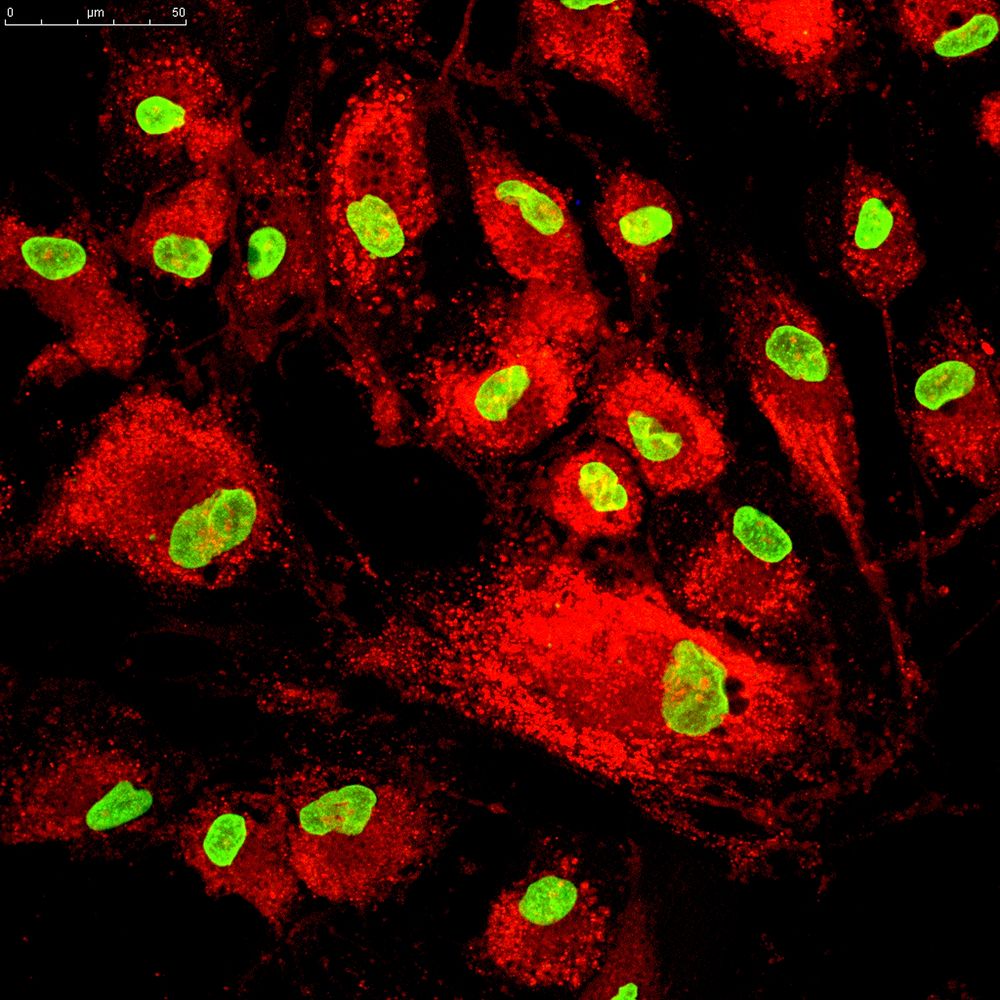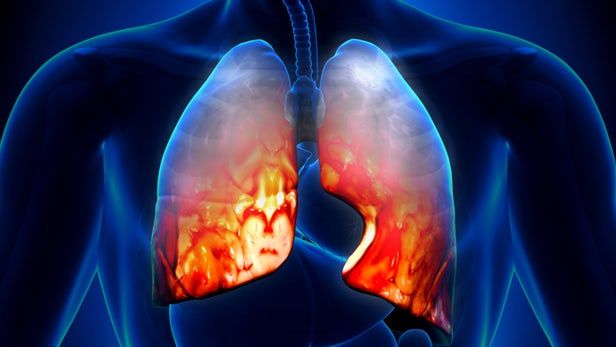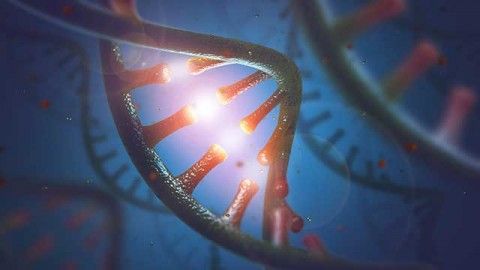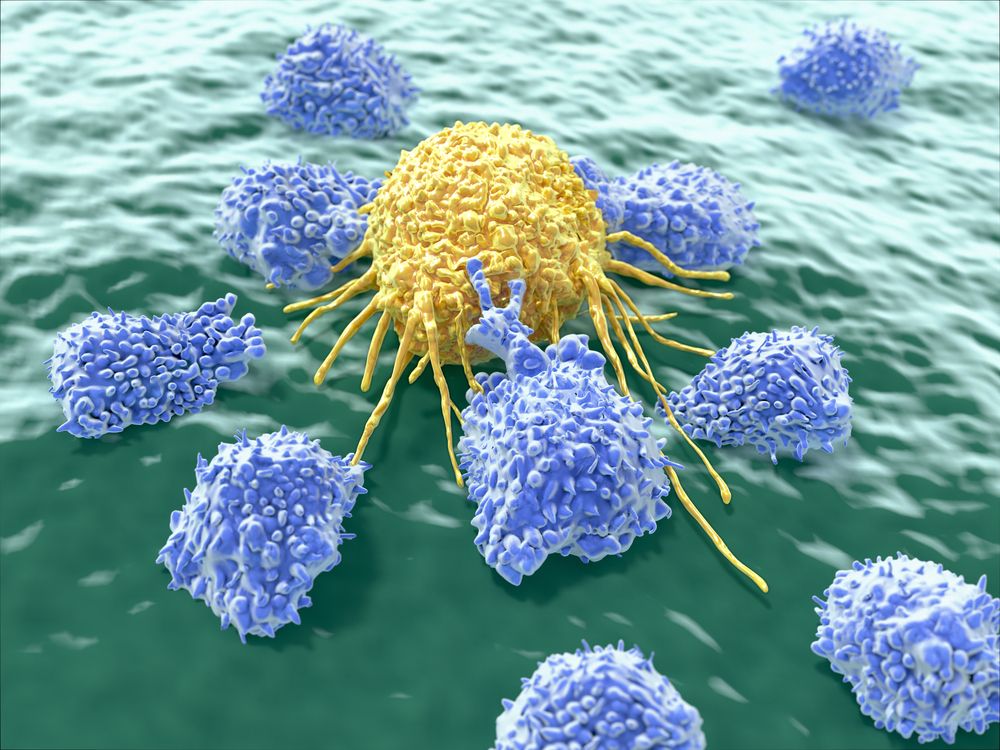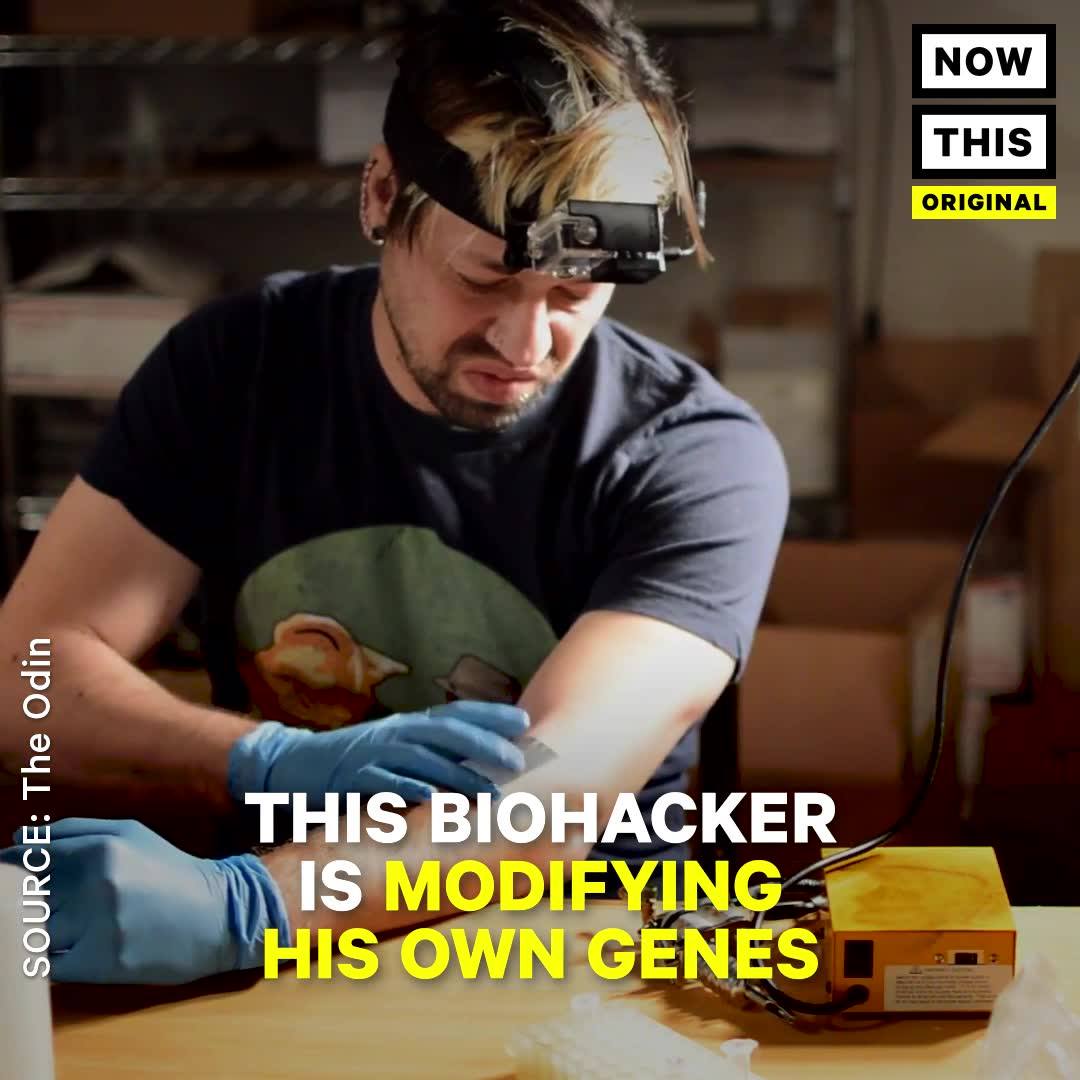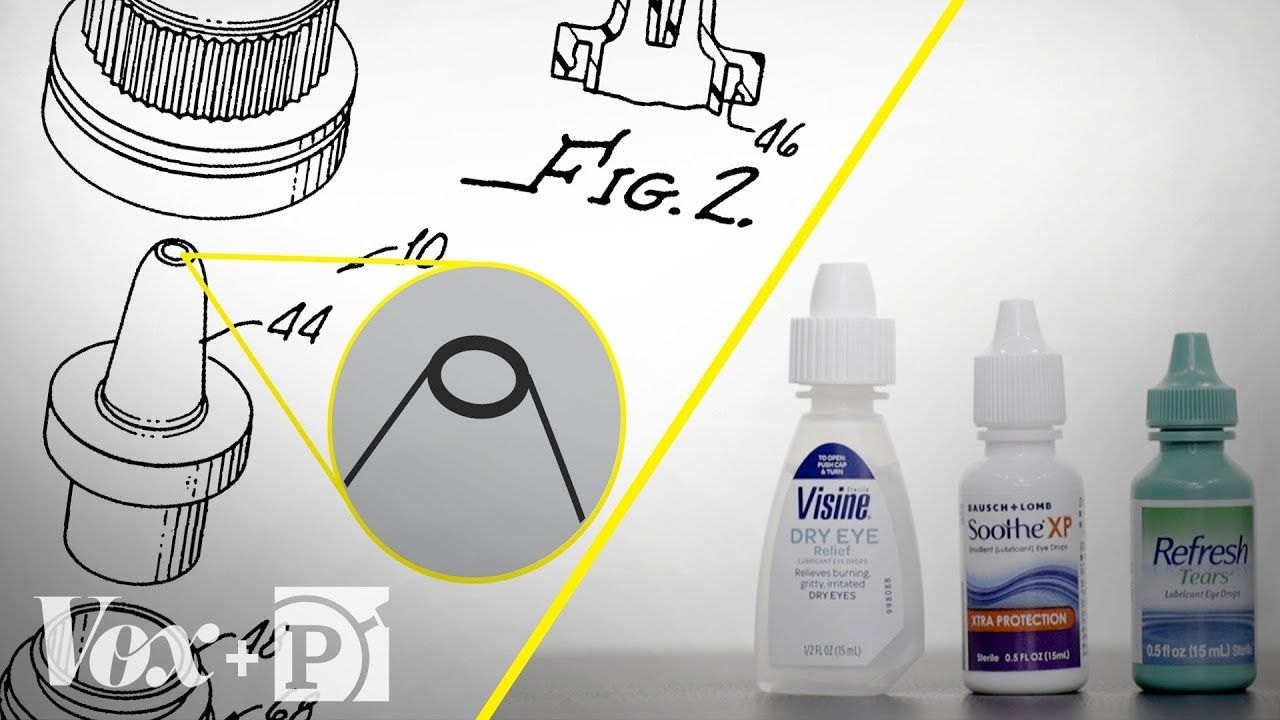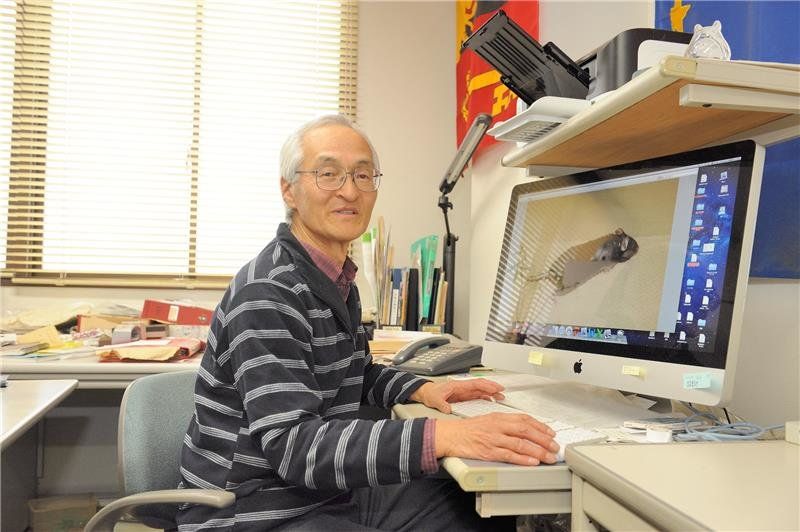Oct 25, 2017
Stem Cell Clincial Trials Show Remarkable Results Against Age-related Frailty
Posted by Steve Hill in categories: biotech/medical, life extension
The first results of two human clinical trials using stem cell therapy for age-related frailty have been published, and the results are very impressive indeed. The studies show that the approach used is effective in tackling multiple key age-related factors.
Aging research has made significant progress in the last few years, with senescent cell clearing therapies entering human trials this year, DNA repair in human trials, and a number of other exciting therapies nearing human testing. We are reaching the point where therapies that target aging processes are no longer a matter of speculation; they are now an undeniable matter of fact.
